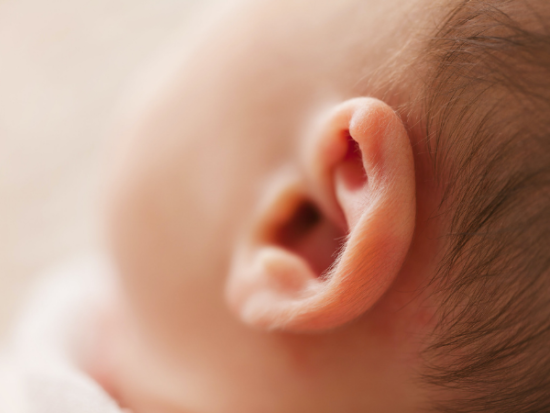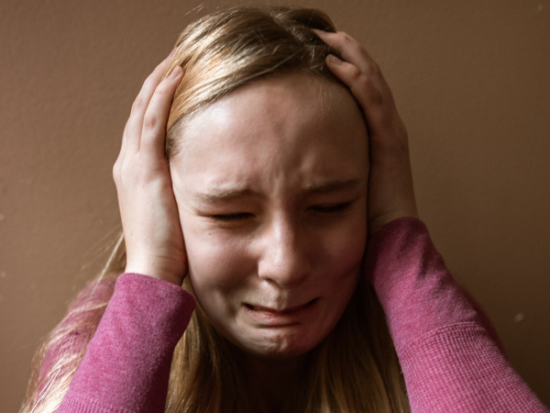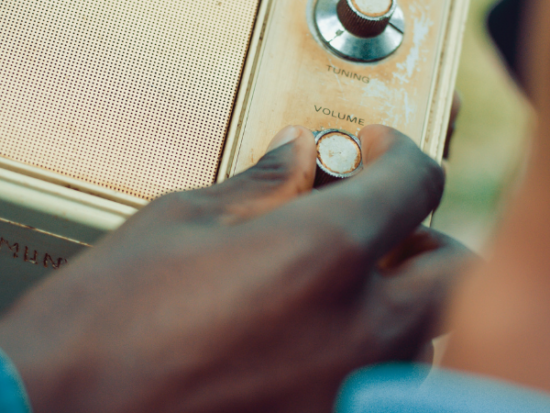How to stop ringing in ears – what to know about Tinnitus
Ever wonder if ringing in ears is heard by everyone else? Sometimes the sound is like white noise. Other times it’s pulsing or thrumming. The pitch and pressure may also vary. This condition is called tinnitus.
Is ringing in the ears a natural phenomenon, or should you be worried? The short answer is that it is more common than you might think.
While a ringing in the ears isn’t immediately life-threatening, tinnitus can cause more complications if left untreated. It can also be a symptom of more serious, underlying medical conditions. It is always best to consult a medical professional regarding concerns about your health. To know more about ringing in ears and how to stop them, read below.
Importance of Ear Care

Ear hygiene is important not only to keep being clean but also for the overall health of your ears. When you practice ear care, you not only clean your ears but protect them from all possible injuries, including noise and other things that may affect them. Some medications and substances can even affect your ears’ health and capabilities.
Apart from personal ear hygiene, regular checkups for your EENT (eyes, ears, nose, and throat) should also be done to ensure everything is in proper working order. If you are experiencing any problems, seek medical advice as soon as possible. There are hearing tests you can take to make sure your hearing is in the optimal state.
How to Properly Clean Your Ears

Clean your ears with extra care. While they were initially marketed as an effective ear cleaning tool, cotton buds like Q-tips shouldn’t go anywhere near the inside of your ears. They are good for cleaning the shell and outer lobes but not inside.
Experts advise that you should not insert anything smaller than a washcloth on your finger. Do not use bobby pins or anything sharp that can damage your eardrums and other sensitive parts of your ears.
Why Your Ears Are Ringing
Your ears are the most visible part of your heating system. Thus, it is the most exposed and vulnerable to the outside world. They are the organs that process sound, thus, making you hear everything from music to voices to frequencies that are detectable to humans. Ringing in the ears when there’s no external sound causing it can be a symptom of tinnitus.
Tinnitus is a condition where only you can hear noises or other ringing noises in both or one of your ears. It often sounds like white noise, but its intensity may also vary. Tinnitus is a common problem that affects about 15% to 20% of people, and it is especially common in older adults who develop tinnitus due to continuously failing hearing.
While tinnitus is a condition on its own, it’s more often a symptom of another underlying condition or ear disorder. Some causes of tinnitus include hearing loss, ear injury, ruptured eardrums, blood clotting, and other ear problems that can cause tinnitus. There are treatments for tinnitus now, and some are so good that patients can almost completely mask the noise instead of just reducing them.
Symptoms and Common Causes of Tinnitus

Tinnitus can affect one or both ears. In some cases, the sound can be so loud it interferes with the patient’s hearing external sounds or ability to concentrate, even their voice. Not only is this inconvenient, but it could also be dangerous, and it may distract you from tasks like driving, cooking, or anything that can put you at risk if you cannot concentrate.
Tinnitus could occur all the time, or it may come and go at sporadic times. Depending on the kind of tinnitus noise you are hearing, your doctor can diagnose the condition causing the ringing in the ears. Pulsatile tinnitus is a rhythmic pulsing that is often in time with your heartbeat. Your doctor may be able to hear this if they do an examination.
When the underlying causes are of the treatment form with therapy, hearing aids, and other treatments, your tinnitus might be reduced or could even go away completely. Even if they don’t, these treatments will still help you manage your tinnitus. Below are the most common tinnitus sounds patients hear:
- Clicking — muscle contractions in and around your ear
- Pulsing, thrumming, or vibrating — could be from blood vessel (vascular) conditions, such as high blood pressure
- Low-pitched ringing — could be due to ear canal blockages, ear infections, Meniere’s disease, stiff inner ear bones (otosclerosis), Temporomandibular joint (TMJ) disorders, and other inner, outer, and middle ear conditions
- High-pitched ringing is the most common tinnitus sound. Its causes likely include damage to the eardrums due to loud noises, hearing loss, or medications like nonsteroidal anti-inflammatory drugs (NSAIDs) and certain antibiotics, cancer drugs, water pills (diuretics), antimalarial drugs, and antidepressants.
How to Prevent and Treat Tinnitus

In most cases, tinnitus results from conditions that already exist or cannot be cured or prevented. However, there are certain precautions you can take to prevent, reduce, and treat tinnitus. Turn down the volume. With the thousands of high-tech earbuds, headphones, and speakers in the market, it’s tempting always to be blasting the music on full volume.
Over time, exposure to loud sounds can damage ear nerves and the eardrums, causing tinnitus. Hearing protection can be earmuffs or something to block harsh sounds gently.
Unsurprisingly, keeping the body in overall good shape can also prevent tinnitus. Improve your blood flow by exercising and eating healthy. Limit alcohol, caffeine, and nicotine as well.
Other than that, there is not much you can do except visit a medical professional if you are experiencing the onset of tinnitus. You might be to wear hearing aids or take certain medications to help improve your condition and treat any worsening symptoms.
Related Articles
The Verdict
Ringing in the ears is a more common condition than most people believe. Tinnitus is inconvenient and could be dangerous, but it’s not usually life-threatening. It could be fatal if you don’t go to a doctor in rare cases, but most cases are of the diagnosis and treatment properly before it can worsen irreversibly.
For many medical conditions, prevention is always better than a cure. Tinnitus doesn’t always work like that because it can occur as a side effect of another incurable condition.
However, there are certain precautions you can take to keep your ears in as healthy a condition as they can be. Avoid sounds that are too loud, wear ear protection against harsh sounds, live healthily, don’t insert anything in your ears, and visit a healthcare professional if you think something is amiss.
Remember that these practices can only help prevent tinnitus but not cure the underlying causes.







